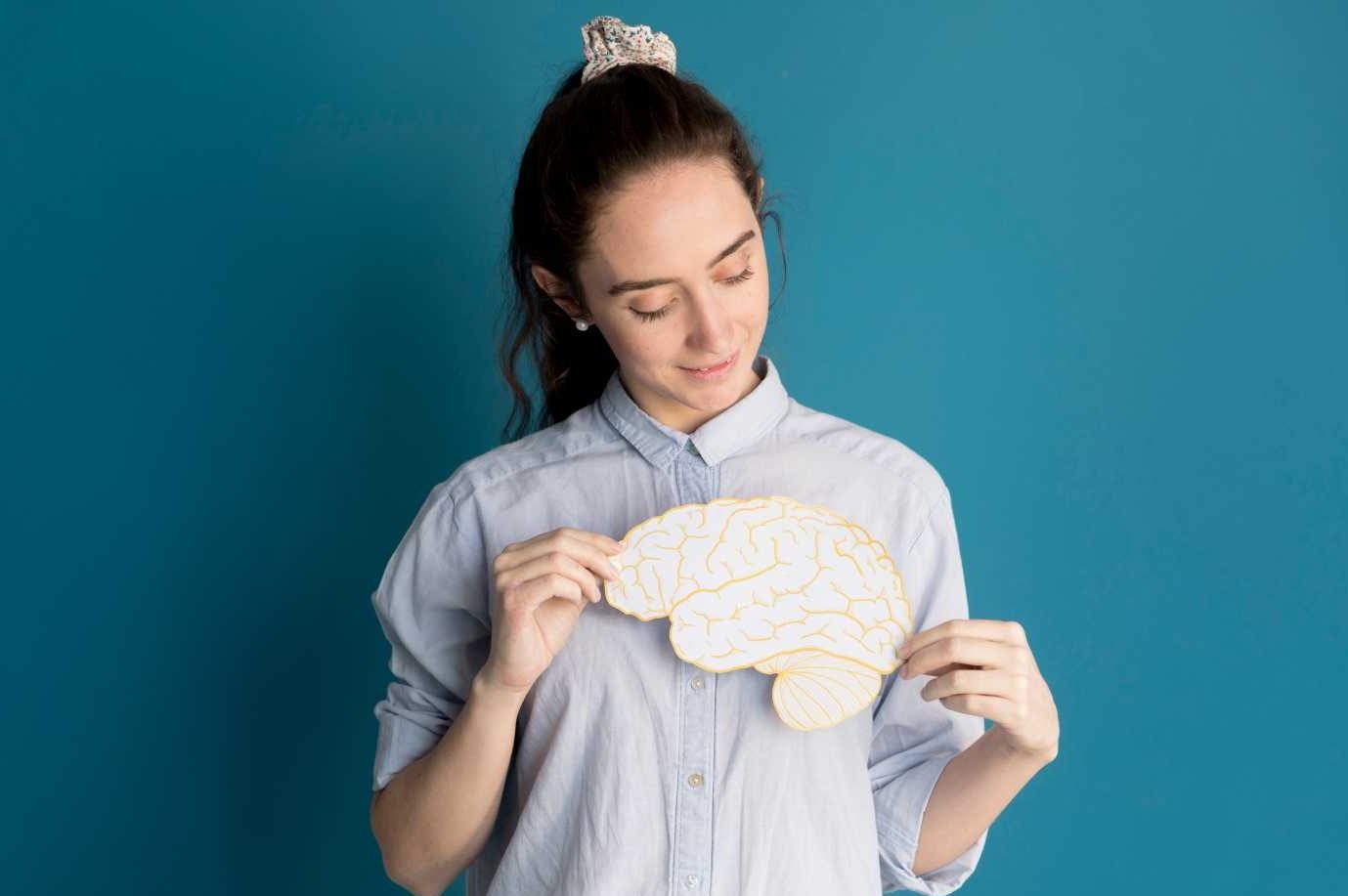When it comes to weight loss, the debate between exercise and diet is often a topic of discussion. Some people swear by intense workouts, while others believe that watching their food intake is the key to success. The truth is, both exercise and diet play crucial roles in achieving and maintaining a healthy weight, but understanding their individual impact can help you create a balanced approach tailored to your lifestyle.
Understanding the Role of Exercise in Weight Loss
Exercise is essential for overall health and plays a significant role in weight loss. However, its impact is often misunderstood. Here’s how exercise contributes to weight loss:
1. Burning Calories 
Exercise increases your calorie expenditure, which helps create a calorie deficit—the key to losing weight. Whether it’s through strength training, cardio, or other physical activities, exercise burns calories and accelerates fat loss.
2. Boosting Metabolism 
Regular physical activity helps increase your metabolic rate. Muscle-building exercises, in particular, can help you burn more calories at rest. The more muscle mass you have, the higher your metabolism, which aids in weight loss and maintaining a healthy weight.
3. Improving Mental Health 
Exercise is known to reduce stress, anxiety, and depression. These mental health benefits can help prevent emotional eating, which often leads to weight gain. Physical activity also boosts mood by releasing endorphins, making it easier to stick with your weight loss journey.
4. Preserving Muscle Mass 
When losing weight, it’s crucial to preserve muscle mass to prevent the metabolism from slowing down. Exercise, especially strength training, helps you retain and even build muscle as you lose fat, ensuring you maintain a lean physique.
5. Sustaining Weight Loss 
Exercise helps prevent weight regain after you’ve reached your weight loss goal. Incorporating exercise into your daily routine makes it easier to maintain a healthy weight by regulating appetite and improving your overall fitness levels.
The Role of Diet in Weight Loss
While exercise is important, diet is often considered the main factor for weight loss. Here’s why:
1. Creating a Caloric Deficit 
The most direct way to lose weight is by creating a calorie deficit, meaning you consume fewer calories than your body burns. This is typically done through dietary changes. Reducing calorie intake allows your body to burn fat for energy, leading to weight loss.
2. Control Over Food Choices 
Diet allows you to make intentional choices about the quality of your food. Eating nutrient-dense foods like fruits, vegetables, lean proteins, and whole grains can keep you full longer and prevent overeating. A healthy diet also provides the vitamins, minerals, and antioxidants needed to support your body through the weight loss process.
3. Managing Portion Sizes 
Even healthy foods can contribute to weight gain if portion sizes are not controlled. By monitoring your food intake and practicing mindful eating, you can avoid consuming excess calories and make sustainable progress toward your weight loss goals.
4. Reducing Inflammation and Water Retention 
A poor diet, particularly one high in processed foods, sugar, and sodium, can lead to inflammation and water retention. By adopting a balanced diet, you can reduce bloating and help your body eliminate excess water weight, making it easier to see progress on the scale.
5. Supporting Overall Health 
A nutritious diet helps regulate blood sugar levels, improves digestive health, and supports immune function. By fueling your body with healthy foods, you’ll not only lose weight but also improve your overall health, making your weight loss journey more effective and sustainable.
Exercise and Diet: Which One Wins?
While both exercise and diet are important for weight loss, diet tends to have a more significant impact on the number of calories you consume and, therefore, your ability to lose weight. It’s easier to control your calorie intake through diet than it is to burn off a large number of calories through exercise alone.
However, exercise should not be neglected. It plays an essential role in building muscle, boosting metabolism, and supporting overall health. Exercise enhances the effects of a good diet and can make it easier to lose weight, particularly if you’re aiming to build muscle or lose fat in specific areas.
The Best Approach for Weight Loss: A Balanced Plan
To achieve long-term, sustainable weight loss, it’s crucial to combine both exercise and diet. Here’s how you can create a balanced approach:
-
Focus on a Healthy, Calorie-Controlled Diet: Choose nutrient-dense foods that fuel your body and create a calorie deficit. Consider tracking your calories to stay within your target range for weight loss.
-
Incorporate Regular Exercise: Aim for at least 150 minutes of moderate-intensity exercise per week, including a combination of cardio and strength training. This will help you burn calories, build muscle, and improve overall health.
-
Stay Consistent: Consistency is key to both diet and exercise. Making small, sustainable changes to your eating habits and physical activity levels will help you see long-lasting results.
-
Listen to Your Body: Pay attention to how your body responds to both diet and exercise. If you’re not seeing results, make adjustments to your routine, whether it’s modifying your eating habits or increasing your workout intensity.
Conclusion: Finding the Right Balance
The real answer to the exercise vs. diet debate is that both play vital roles in weight loss. Diet is crucial for controlling calorie intake, while exercise supports weight loss by boosting metabolism, maintaining muscle mass, and improving mental health. For optimal results, combine both in a way that works for your body and lifestyle.
Incorporate a healthy, balanced diet alongside regular physical activity, and you’ll not only lose weight but also improve your overall well-being. Remember, weight loss is a journey, and adopting a holistic approach that includes both exercise and diet will set you up for success in the long term.





